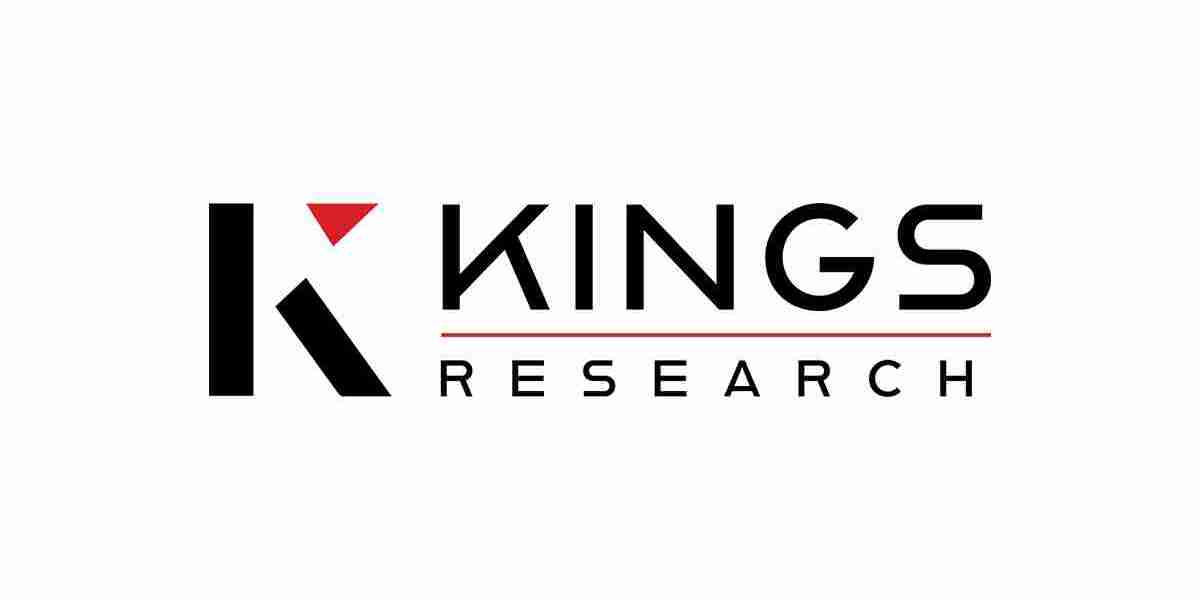In the ever-evolving landscape of healthcare, the role of a relief pharmacist has become increasingly vital. As more pharmacies operate extended hours and healthcare services expand beyond the traditional model, flexibility and adaptability in pharmacy staffing have emerged as essential components. A relief pharmacist steps in when full-time or regular staff are unavailable due to vacations, illness, or staffing shortages. This unique position plays a crucial role in maintaining continuity of care and ensuring patients receive their medications without disruption. Unlike permanent staff, these pharmacists must quickly adapt to new environments, pharmacy systems, and workflows, often with limited orientation or preparation time.
The career of a relief pharmacist is appealing for many reasons. First and foremost, it offers flexibility that is not typically found in traditional full-time roles. Those who prefer a dynamic work schedule or who are looking for part-time opportunities often find relief work ideal. It allows pharmacists to maintain professional engagement without being tied down to one location or a fixed routine. Many professionals find this variety energizing, as it exposes them to different pharmacy settings—from community and retail pharmacies to hospital environments—broadening their experience and enhancing their skill set.
Financially, relief pharmacy work can be quite competitive. Since relief pharmacists often fill in on short notice or during urgent staffing needs, they are frequently compensated at a higher hourly rate than their full-time counterparts. This can make the role particularly attractive for experienced pharmacists who want to earn a strong income without committing to a permanent position. However, the irregularity of work must be considered. There may be periods of abundant opportunity followed by lulls, so careful planning and networking are essential for long-term success.
To thrive in this field, a relief pharmacist must possess excellent communication and organizational skills. Being able to step into an unfamiliar setting and immediately contribute requires a high level of competence and confidence. Whether it’s dealing with a new pharmacy management system or working with an unfamiliar team, adaptability is key. The ability to maintain professionalism and patient safety under varying circumstances separates outstanding relief pharmacists from the average. Attention to detail, swift decision-making, and up-to-date clinical knowledge all play significant roles in delivering consistent, quality care.
Technology has also played a significant role in making relief pharmacy work more accessible. Online platforms and staffing agencies now allow pharmacists to browse and apply for temporary positions quickly. Many of these platforms are as intuitive and user-friendly as general job boards, and in some cases, they are specifically designed to connect healthcare professionals with urgent placement opportunities. For instance, many professionals searching through indeed pharmacist jobs listings find relief work to be a viable and rewarding career path. These online tools often feature filter options that help pharmacists find roles based on location, hourly rates, and duration of commitment, making the job hunt significantly more efficient.
Relief pharmacy work also serves as a bridge for those in transitional phases of their careers. New graduates may take up relief positions while exploring long-term career goals or waiting for a permanent offer. Similarly, seasoned pharmacists transitioning out of full-time roles often choose relief work as a way to gradually reduce their workload without fully stepping away from the profession. It offers a controlled way to stay active in the field and maintain licensure while enjoying more personal time or exploring other interests.
Another underappreciated benefit of being a relief pharmacist is the professional networking that comes with working in multiple settings. Exposure to a variety of pharmacy operations and professional teams helps build a robust network, which can be invaluable when seeking future opportunities or references. This network can lead to consistent bookings or even offers for permanent roles should the individual desire a more stable position down the line.
As healthcare delivery continues to evolve, the need for adaptable, highly skilled pharmacists will only grow. The flexibility, variety, and financial reward of relief pharmacy work make it a compelling option for many in the profession. While it does come with challenges—such as irregular scheduling and the need to constantly adapt—it also offers a unique path that balances professional engagement with personal freedom. Whether browsing listings for indeed pharmacist jobs or speaking with industry contacts, pharmacists will find that relief work is more than just a stopgap—it's a viable, strategic career choice in its own right.








